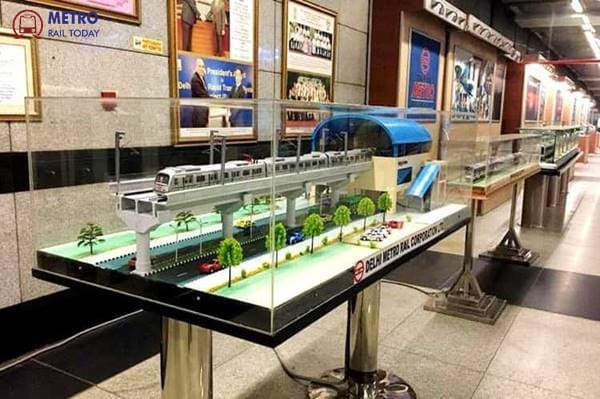 SAM India Builtwell bags first ₹222.76 Crore Civil Contract for Delhi Metro Phase V
SAM India Builtwell bags first ₹222.76 Crore Civil Contract for Delhi Metro Phase V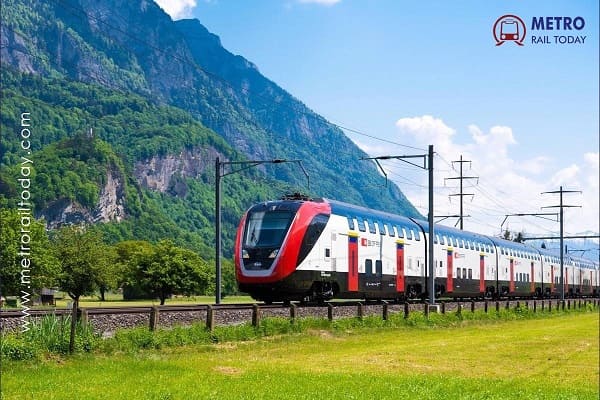 HRIDC conducts Investors Pre-Bid Meeting for Haryana Orbital Rail Corridor
HRIDC conducts Investors Pre-Bid Meeting for Haryana Orbital Rail Corridor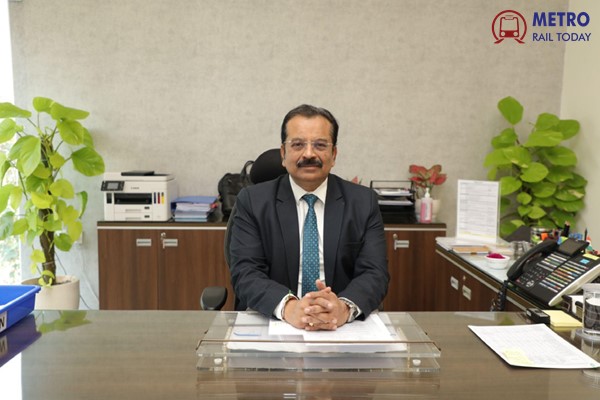 NCRTC Chief Shalabh Goel appointed as General Manager of Central Railway
NCRTC Chief Shalabh Goel appointed as General Manager of Central Railway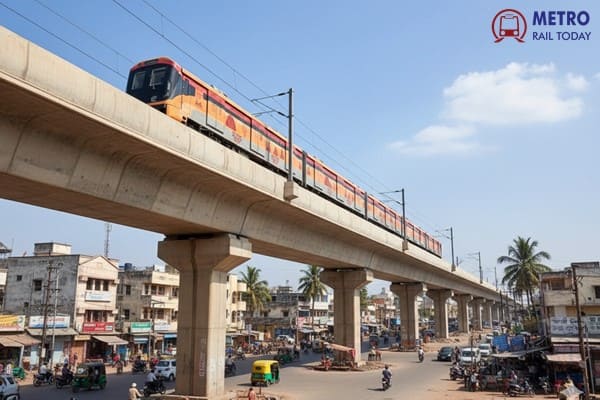 Patna Metro completes Trial Run between Bhootnath and Malahi Pakdi Stations
Patna Metro completes Trial Run between Bhootnath and Malahi Pakdi Stations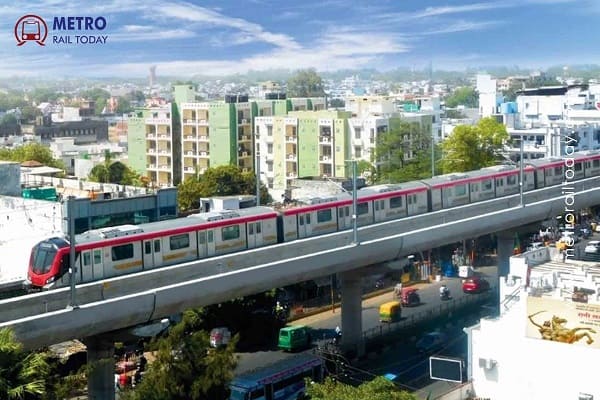 LDA proposes extension of Lucknow Metro East–West Corridor up to Rashtra Prerna Sthal
LDA proposes extension of Lucknow Metro East–West Corridor up to Rashtra Prerna Sthal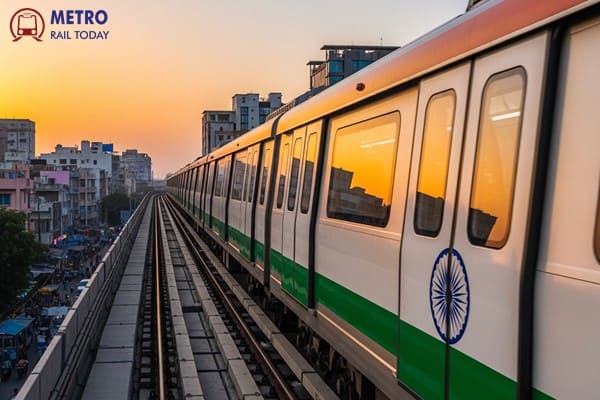 Odisha re-evaluates feasibility of Bhubaneswar Metro in line with the National Metro Rail Policy
Odisha re-evaluates feasibility of Bhubaneswar Metro in line with the National Metro Rail Policy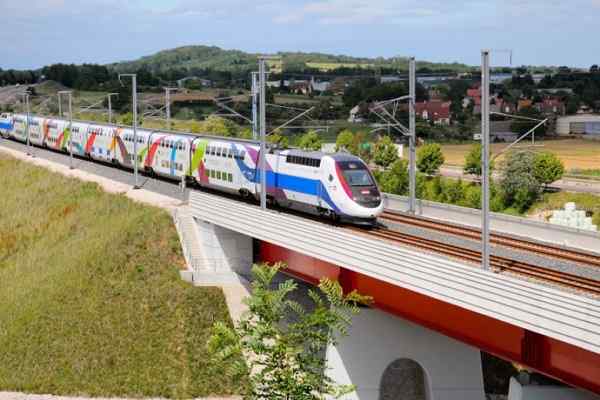 Haryana approves 64-km Gurugram–Faridabad–Noida Namo Bharat RRTS Corridor
Haryana approves 64-km Gurugram–Faridabad–Noida Namo Bharat RRTS Corridor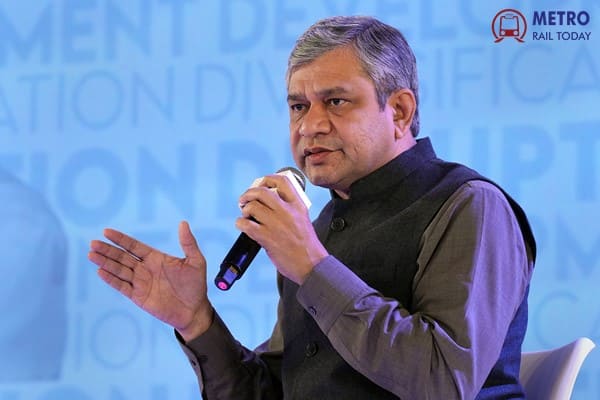 Railway Minister invites Startups to join Rail-Tech Portal for Driving Innovation in Indian Railways
Railway Minister invites Startups to join Rail-Tech Portal for Driving Innovation in Indian Railways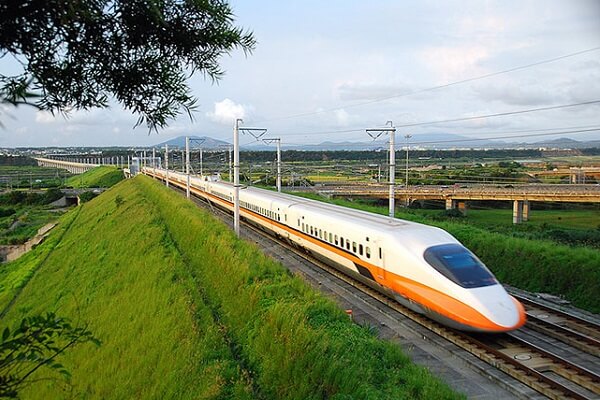 Railway Ministry directs NHSRCL to prepare revised DPR for Delhi–Varanasi High Speed Rail Corridor
Railway Ministry directs NHSRCL to prepare revised DPR for Delhi–Varanasi High Speed Rail Corridor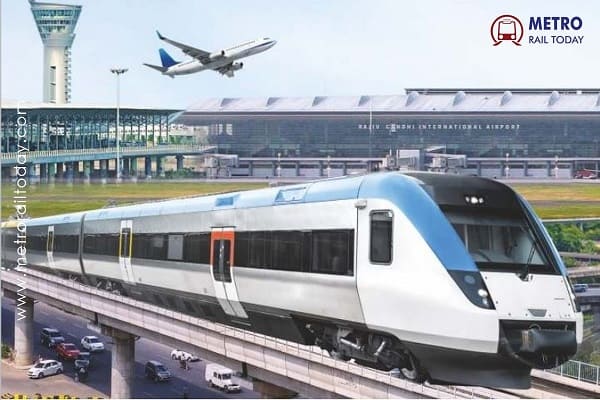 Maharashtra approves ₹22,862 Crore Mumbai Metro Line 8 connecting Mumbai and Navi Mumbai Airports
Maharashtra approves ₹22,862 Crore Mumbai Metro Line 8 connecting Mumbai and Navi Mumbai Airports
Mumbai Metro set for major expansion with Four New Corridors by end of 2025
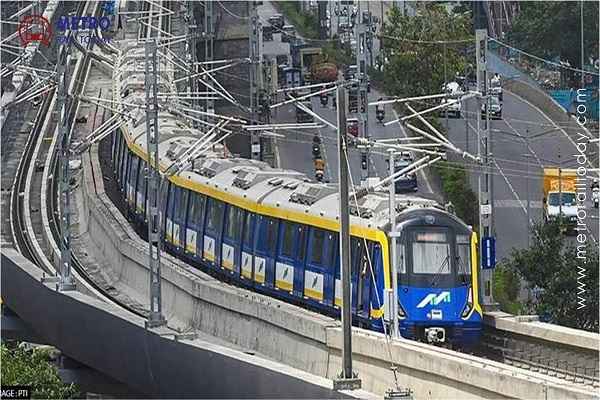
Mumbai, India (Metro Rail Today): In a massive boost to urban mobility, Mumbai Metro is gearing up for the launch of four new metro corridors by the end of 2025, significantly expanding the city’s public transport network. The expansion aims to decongest Mumbai’s notoriously overcrowded roads and local trains, and provide a seamless, tech-enabled travel experience to commuters across key urban, commercial, and residential zones.
The Mumbai Metropolitan Region Development Authority (MMRDA) has confirmed that the following four corridors are on track for commissioning by December 2025:
-
Metro Line 2A (Dahisar East to DN Nagar)
-
Metro Line 2B (DN Nagar to Mandale)
-
Metro Line 5 (Thane to Bhiwandi to Kalyan)
-
Metro Line 9 (Dahisar East to Mira Bhayandar)
Once operational, these corridors will collectively add over 70 kilometers to the city’s metro rail footprint, drastically improving east-west and north-south connectivity. Importantly, they will offer crucial interchanges with existing metro lines, suburban rail, monorail, and upcoming lines such as Metro 3 (Colaba–SEEPZ) and Metro Line 6 (Swami Samarth Nagar–Vikhroli).
In tandem with the physical infrastructure expansion, the Maharashtra government is also planning to launch the ‘Mumbai One’ app, a unified smart ticketing platform for all metro corridors. This app will allow commuters to book, recharge, and manage their metro travel, along with features like route information, fare calculators, and travel history—all integrated in a user-friendly interface.
The app is being designed to work across multiple lines and operators, offering QR code-based ticketing, UPI payments, and later, integration with other transport modes such as buses and suburban rail. This aligns with the government’s vision of providing seamless multimodal transport under the umbrella of Mobility as a Service (MaaS).
The expansion will particularly benefit daily commuters in Mumbai’s extended suburbs like Mira Road, Bhayandar, Bhiwandi, and Kalyan, providing them with faster, cleaner, and safer alternatives to road travel. By reducing travel time and boosting last-mile connectivity, the metro expansion is also expected to increase real estate value and stimulate commercial growth along the new corridors.
Commenting on the city’s evolving mobility landscape, Mrs. Mamta Shah, MD & CEO of Urban Infra Group, said, “Mumbai’s metro expansion and the upcoming Mumbai One app reflect a holistic shift toward smart, integrated urban transport. This isn’t just about laying tracks; it’s about giving the city a more breathable, efficient future. A reliable metro ecosystem will be a game-changer for millions of Mumbaikars.”
MMRDA, Mumbai Metro Rail Corporation (MMRC), and Mumbai Metro One Pvt Ltd (MMOPL) are collaboratively working toward faster project delivery, with funding and technical support from international agencies including ADB, JICA, and the World Bank.
With Metro Line 3’s underground section (Colaba to SEEPZ) also expected to be completed by 2025, Mumbai will finally boast a world-class, interconnected urban transit system that rivals global megacities.




